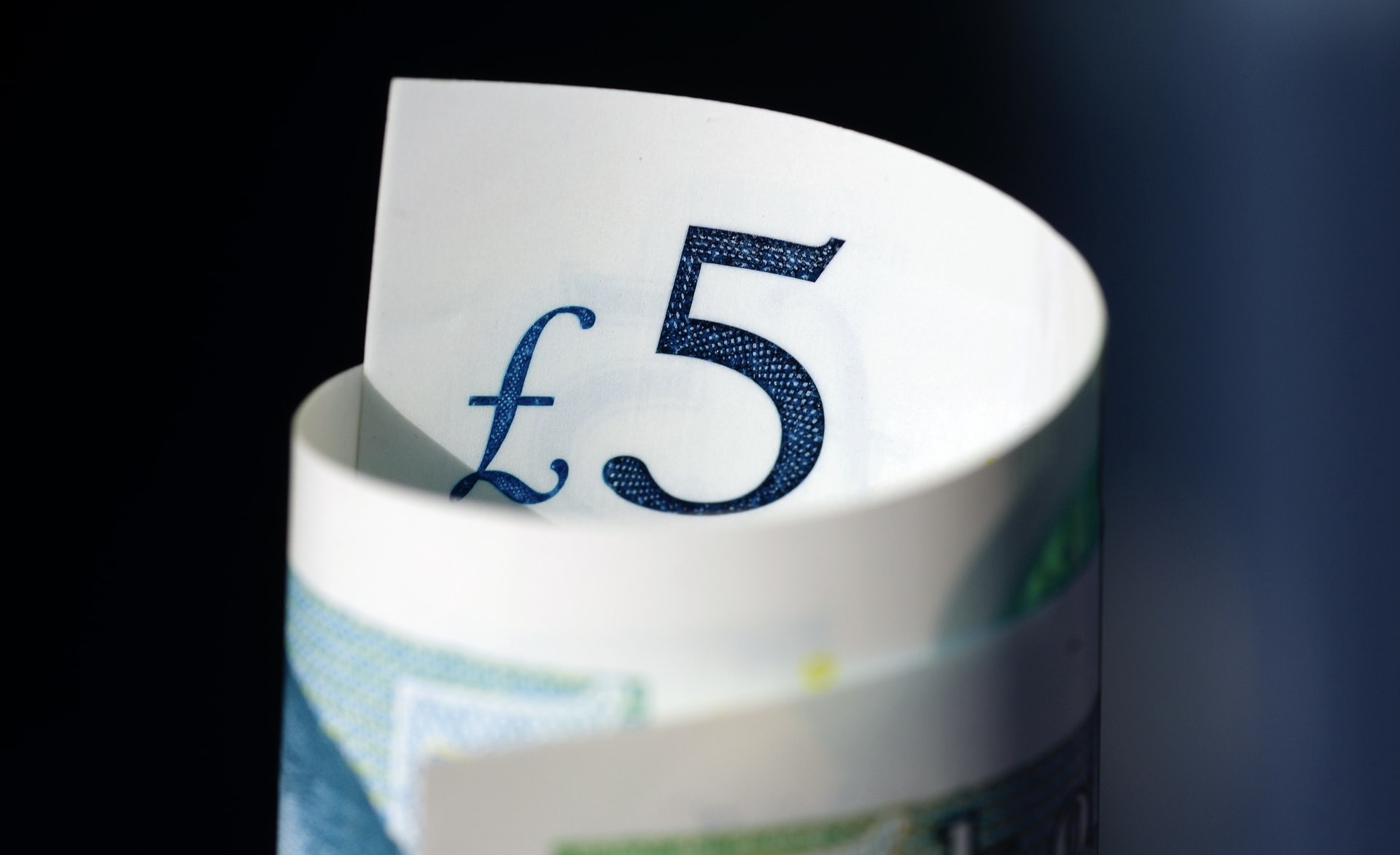GBP since the rates rise - why raising interest rates doesn't always boost a currency
Posted on the 26th November 2017 by Hamish Anderson in Founders' blog, Finance

At midday on the 2nd of November the Bank of England raised its base lending rate for the first time in more than 10 years. The UK has been languishing in an unprecedented cycle of consecutive interest rate reductions, which ultimately had to reverse. Even so, the vote by the Monetary Policy Committee - the body which decides on how the UK’s interest rates should move - was divided, with 7 votes recommending the rise and two urging that things should remain the same. So what’s happened to exchange rates since the rise, and how did the comments of the Governor of the Bank of England -Mark Carney - influence the currency markets?
All things being equal, when a country's interest rates rise, its currency appreciates. Why? Well, for the simple economic fact that deposits held in that currency will now earn more interest, and the currency needs to strengthen to reflect this additional value.
The immediate response to the rise in the UK base rate was therefore counter-intuitive. Sterling lost ground against both the Euro and the US dollar. At one point, on the 22nd the pound had lost1.8 cents, or 1.3%, against the US dollar and was trading at $1.3067 - a significant intraday move. As the rates rise had been flagged by the Bank for so long, it was widely expected and had already been priced in to the trading level of the pound. So if the rise on the day wasn’t going to push GBP skywards, it would be the commentary surrounding the decision that drove the direction of the currency.
And therein lay the problem. Mark Carney’s comments suggested that any further rate rises were certainly not guaranteed, and would be gradual and limited. As things are now, it looks as if we’re only going to get two rate rises in the next three years leading markets to retrace their steps and give back some of the advances we saw in anticipation of a more hawkish Bank of England.
Since the interest rate announcement there have been concerns about levels of productivity in the UK. If the economy shows further signs of weakness, any subsequent rate hikes could be delayed.